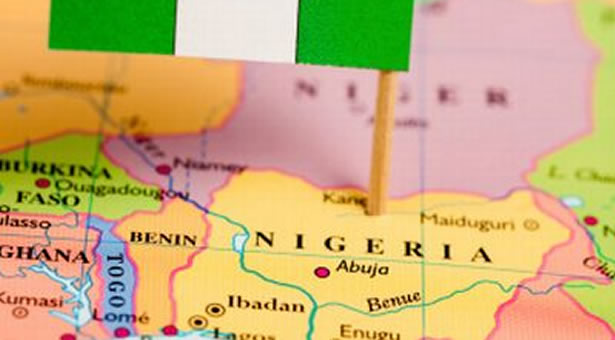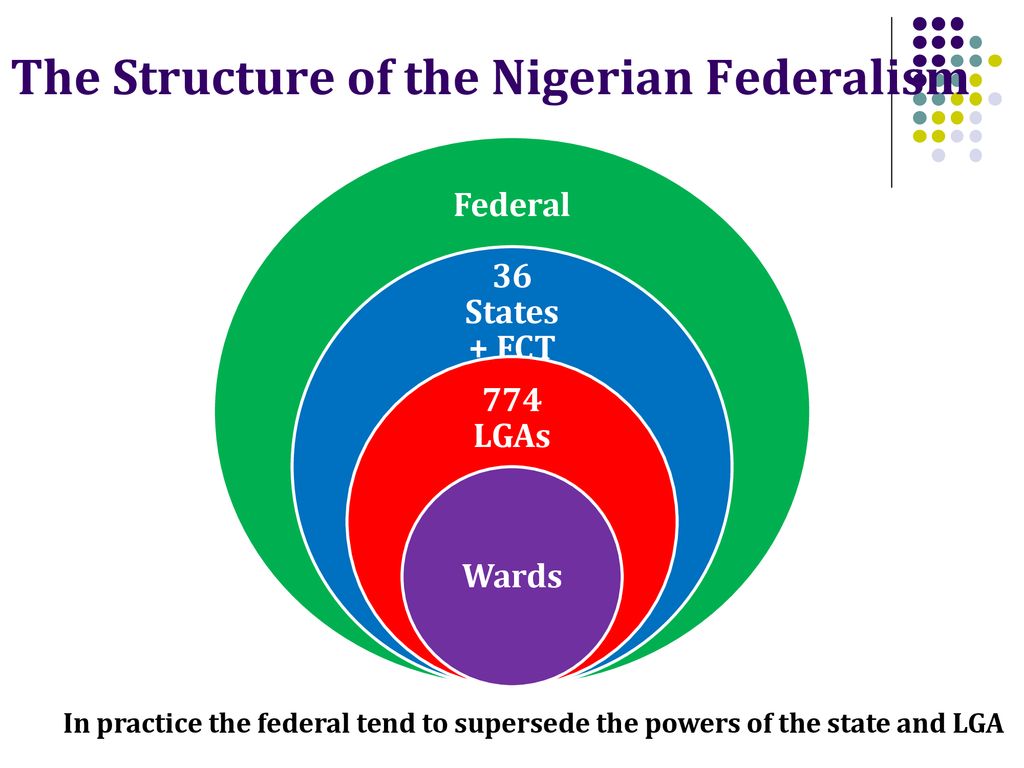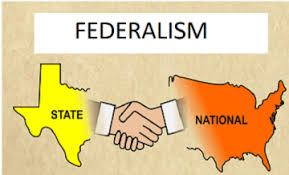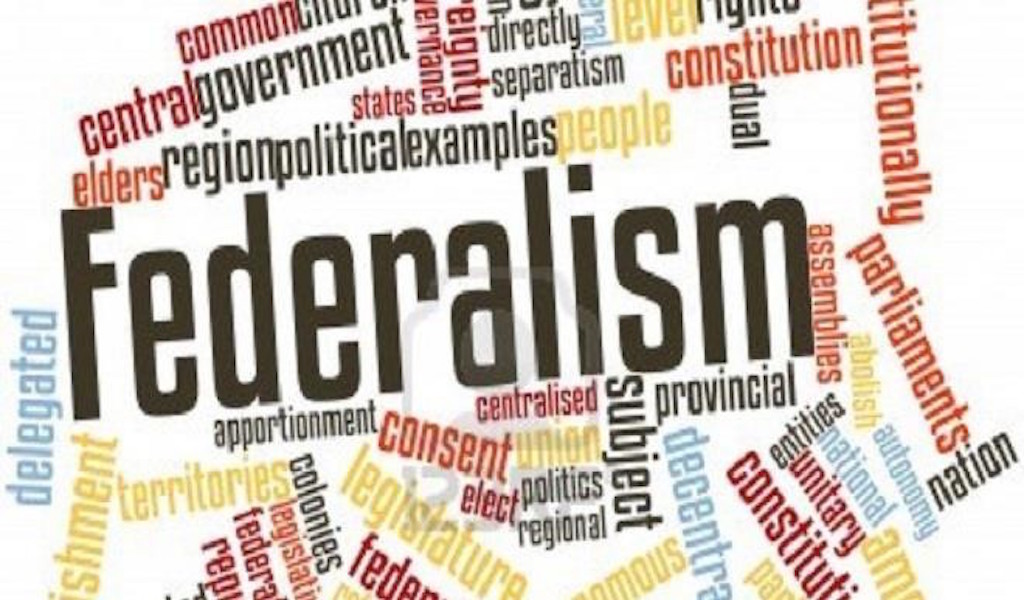- Have any questions?
- [email protected]
Nigeria’s Federalism is a failed one [An Analysis]

Challenges of Universal Basic Education in Nigeria
4 February 2021
The wrongs in the 1999 constitution
4 February 2021Nigeria’s federalism is a failed one: An analysis.
The increased advocacy for true federalism in Nigeria, after the 1999 democratic transition indicates a defect with the existing federalism practised in Nigeria. Undoubtedly, the apparent flaws prepared the ground for such advocacy.
Nigeria is said to operate a federal constitutional system of government; however, the country practically works as a unitary state due to having most of her governing power in a centralised government. This substantiates the assertions of political thought leaders that a country may operate a federal constitution, but practically be governed in a system that is not federal.

Also, the existence or presence of federation does not translate to the reality of federalism, and there could be a federation where can’t find federalism. The Nigerian system is contended to be a reflection of such confused and underdone federal arrangement. While federalism may have different meanings to different people, it has a distinguished principle from other systems. This principle refers to a method of power-sharing between the central and state governments.

Nigeria’s federalism first arose as a British imposition or copycat rather than rooted in the economic, geographic, and ethnic pluralities. Nigeria accepted federalism to achieve national unity among the people of different ethnic, religious and cultural backgrounds. Hence, the crux of the development was to reduce the devastating inter-ethnic competition and tension, curb the supposed fear of domination by minority and in essence, maintain a government with proximity to the people in all regions.
However, such unification through federalism has resulted in imbalances in power-sharing and resource allocation among the different ethnic structures, leading to ethnoreligious conflicts. Such imbalances led to Nigeria’s tag as a failed federalism and the rise of agitations for true federalism.

36 States + FCT. 774 LGAs. Wards. In practice the federal tend to supersede the powers of the state and LGA.
The advocacy for true federalism in Nigeria has different meanings to different people which can understand from a geopolitical and cultural perspective as claims on marginalisation and low representation in central government abound.
There has been a very high agitation for change among the oil-producing communities of the Niger Delta in the South-south. Inhabitants of the communities feel neglected in development despite the environmental degeneration they endure. Hence, these groups advocate controlling the wealth from resources in their communities.
Southwest states’ governors who felt marginalised by the federal structure also clamoured for true federalism. They contended that the existing system only favours the country’s Northern parts that produced key actors during the military regimes.

Aside from the issue of power shift, some state governors also express feelings of dissatisfaction with the share of the country’s revenue (as the federal government takes 52.68%, the states 26.72% and the local governments, 20.60%, with 13% to the oil-producing states). They claim that the federal government’s share is too large and called for a revision to grant states more responsibilities to pave the way for revenue generation. Other governors believe in decentralisation which can extend to policing for improved security.

In the last few decades, agitation for federal restructuring became the manner of expressing dissatisfaction with the nation’s low political and economic development. These low developments are apparent in the poor infrastructure, widespread poverty, high unemployment rate, conflicts, among others. In recent times, ethnic crises, banditry, and insurgencies have increased.

With these developments, it’s no doubt that Nigeria’s federalism has failed in many instances; hence, it needs to go through a restructuring with the sole aim of promoting economic prosperity and accommodating diversity. In other words, economic development and improving the people’s quality of life should be the primary basis for restructuring the nation’s federalism.
